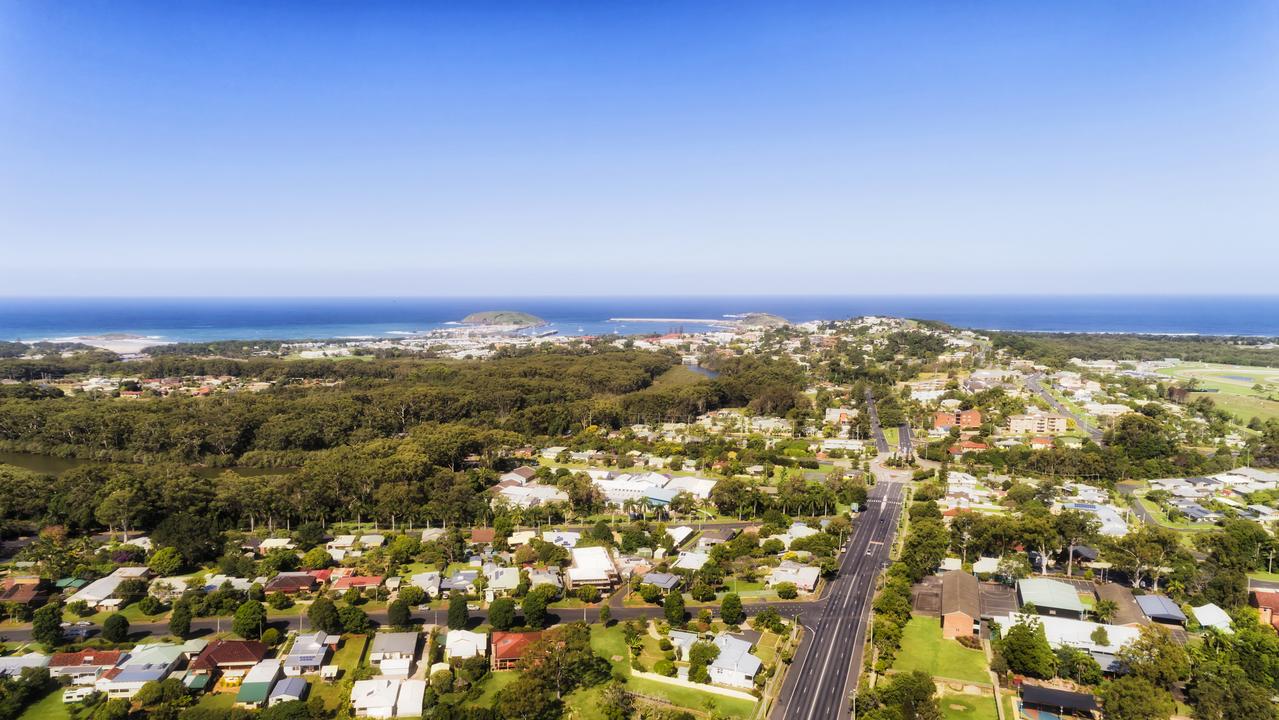Killer whale conspiracy: ORRCA expert says orca strikes on boats likely ‘playful’ behaviour, rather than calculated attacks
Orcas certainly “aren’t out to eat us”, an expert says after a string of attacks on boats and the rare sighting of a pod just off the NSW coastline.
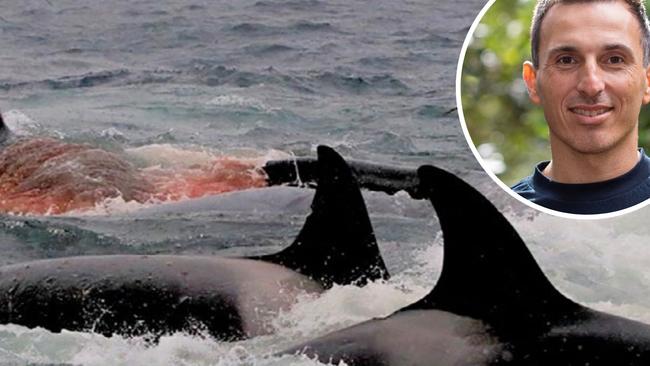
Coffs Harbour
Don't miss out on the headlines from Coffs Harbour. Followed categories will be added to My News.
A string of attacks by orcas on sail craft have fuelled bizarre online conspiracy theories of a killer whale uprising against humans.
But an expert with NSW organisation ORRCA believes the interactions between the apex predators and boats is most likely “some sort of playful act”.
Steve Trikoulis is the vice-president of ORRCA, a rescue, research and conservation agency for whales, dolphins, seals and dugongs in Australian waters.
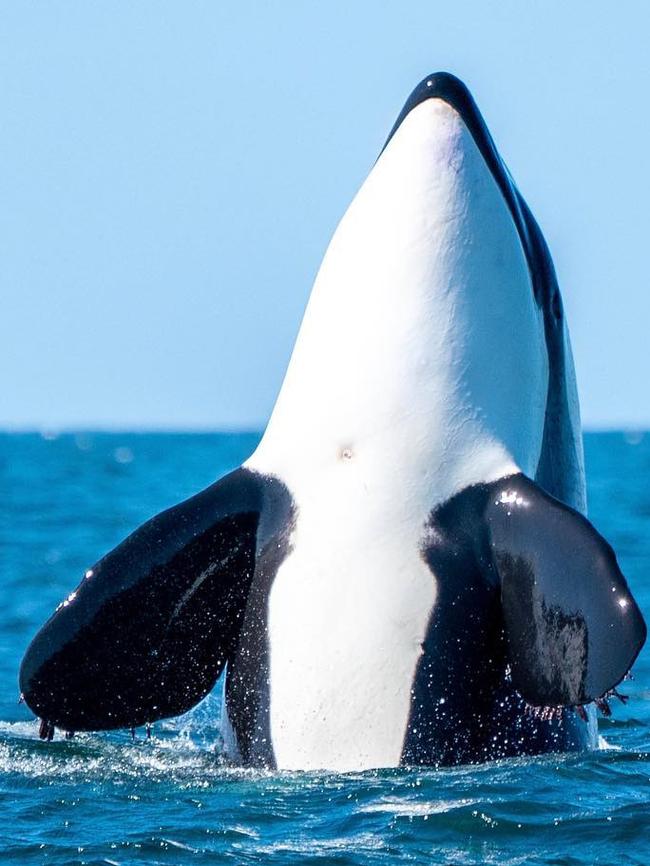
ORRCA has 13 branches (“pods”) across the state, including groups on the North Coast and Far North Coast.
The internet has fired up with theories that a series of hits by orcas – commonly known as killer whales – on boats off the Spanish coast has been driven by revenge against fishermen.
Killer whales severely damaged a sail boat off the coast of southern Spain, breaking its rudder and piercing its hull in late May.
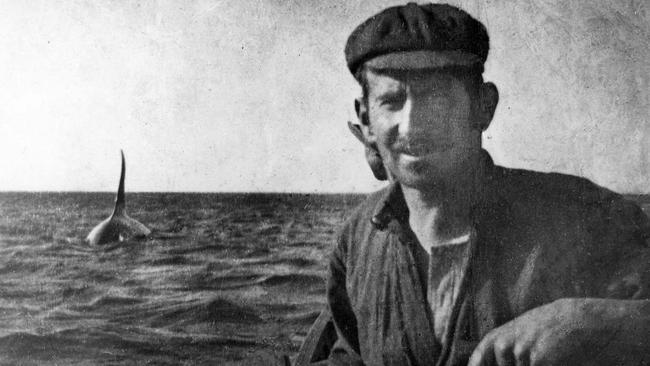
The incident was the latest in dozens of orca attacks on vessels recorded so far this year off the Spanish and Portuguese coasts.
While on June 22 a yacht competing in an ocean race had a close encounter with orcas on its approach to the Straits of Gibraltar.
The killer whales pushed against the rudder, but no injuries or damage to the boat was reported in a relatively benign run-in.
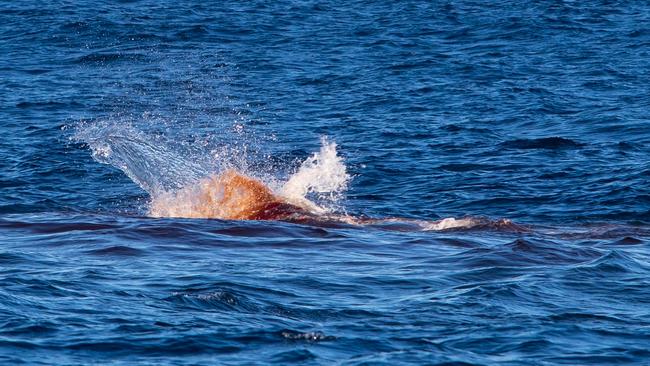
Mr Trikoulis said orcas are “very intellectual animals” who hunt in packs.
“I don’t think they are out to get us,” he said.
International researchers have theorised the interactions by orcas with boats are either some sort of game, or perhaps driven by the memory of a bad encounter with a fishing craft when an animal has become entangled in lines.
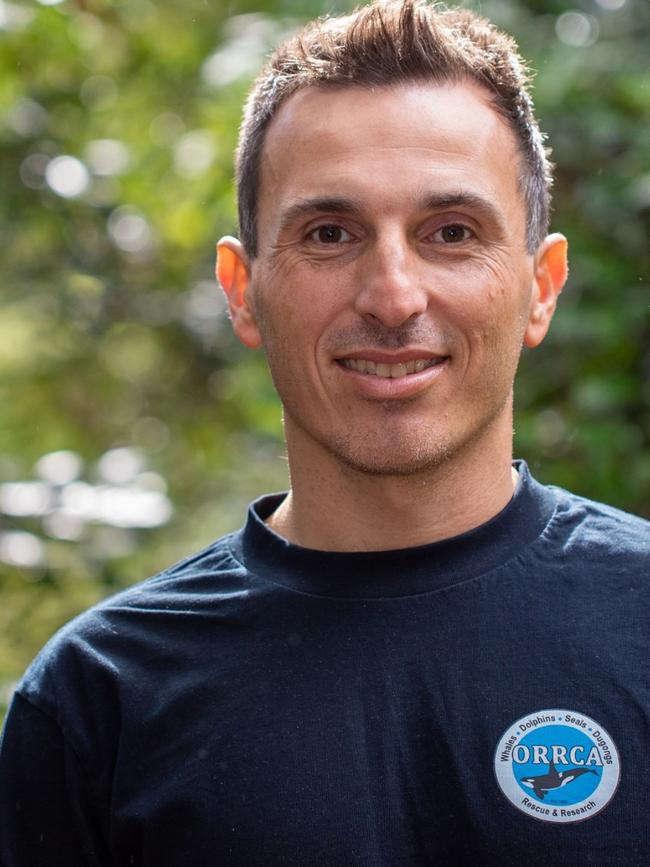
Mr Trikoulis said the sighting of a pod of killer whales close to the NSW coastline off Eden was rare, as they generally prefer deeper waters.
“They do travel up and down the coast, but sightings are certainly not as frequent as humpbacks,” he said.
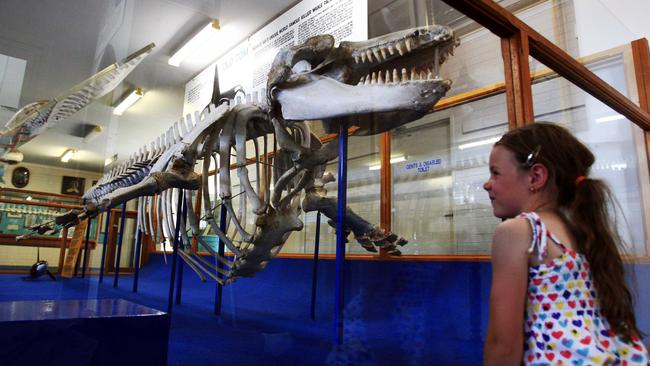
Humpbacks are in fact a favoured prey of killer whales.
“They love eating a humpback,” Mr Trikoulis said.
He pointed to a David Attenborough YouTube video demonstrating the intelligence and problem solving skills of a pack of killer whales.
The pod spots a seal on a large block of sea ice – and swims as a team under the block to create an underwater wave, breaking the ice sheet into smaller portions and eventually dislodging the seal into the ocean and their jaws.
“But sightings (of orcas) are generally very rare for us (in NSW),” Mr Trikoulis said.
“At Port Macquarie there’s been a sighting here and there over the past few years.”
Passengers aboard a fishing charter vessel off the Coffs Coast in 2015 were amazed to watch a close battle of survival play out at sea, seeing a killer whale attacking a humpback and its calf.
Evans Head weapons range officers reported seeing two orcas rushing balls of baitfish at Airforce Beach, Evans Head, in 2013.



